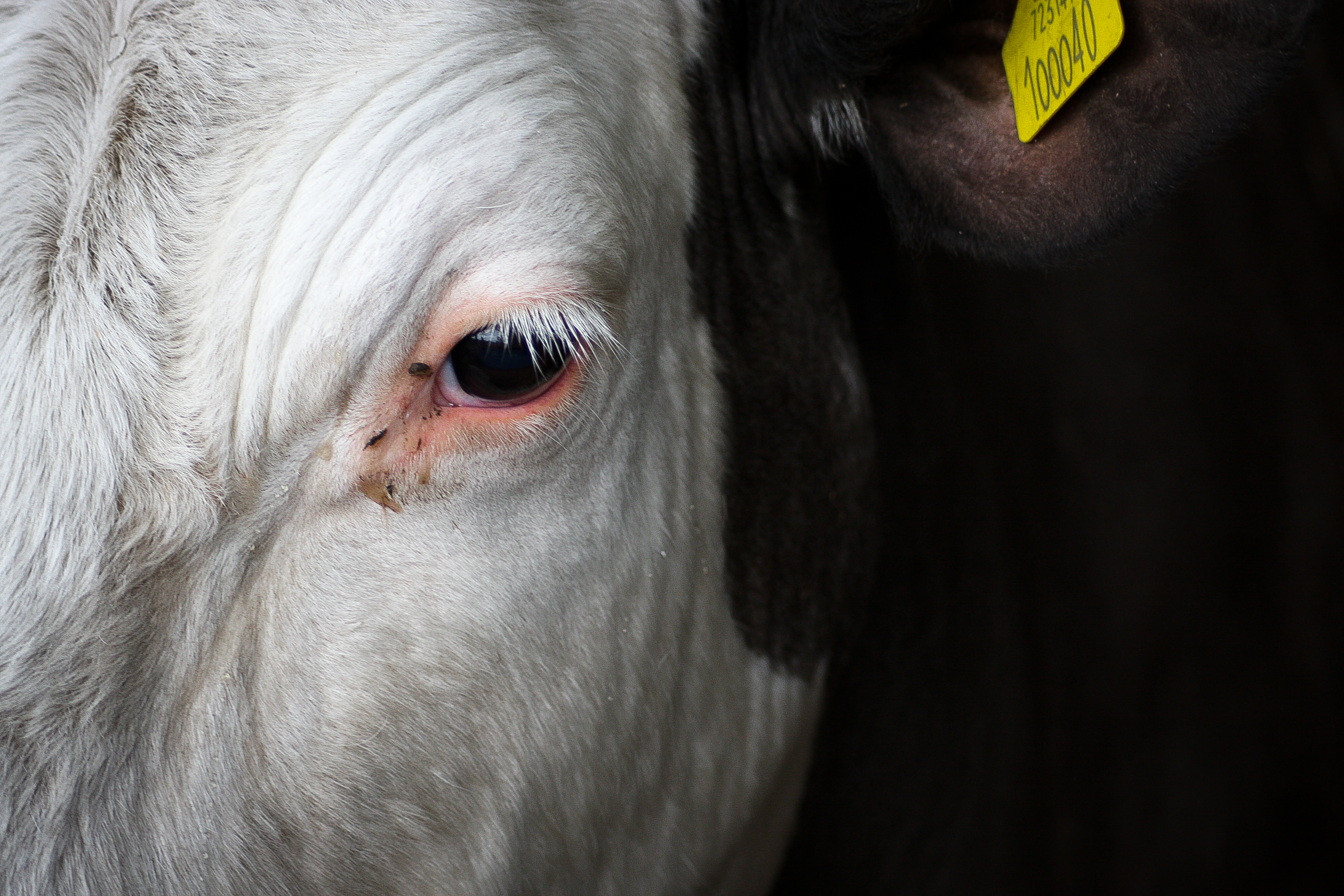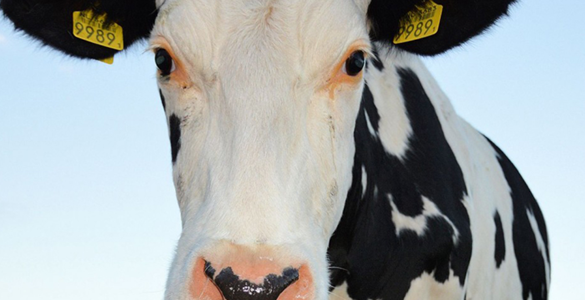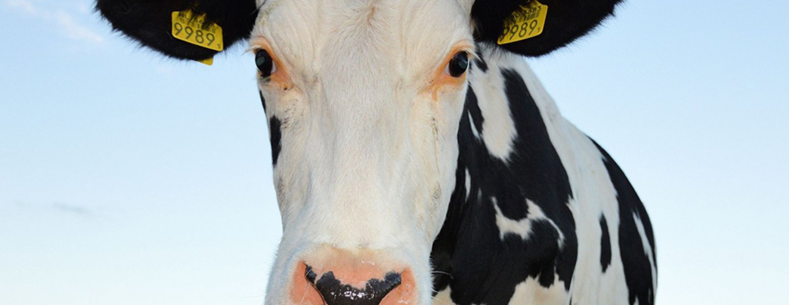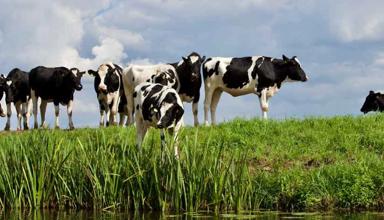What is Bovine TB and what is the disease picture in Wales?
Bovine TB (bovine tuberculosis) is an infectious and chronic disease caused by Mycobacterium bovis (M. bovis) and usually affects the lungs and lymph nodes of cattle. The Welsh Government’s TB Dashboard shows that in Quarter 1 2017, 95% of cattle herds were TB free, compared with 94.6% in the previous year. It also states that the lowest Bovine TB levels were found in north west Wales and the highest in south west Wales. The latest Defra figures for Wales show that in the 12 months to end June 2017, 1,364 herds were not officially TB free and the total number of cattle slaughtered was 9,693. Furthermore, on 30 June 2017, 798 herds were under movement restrictions.
What is the policy for tackling Bovine TB in Wales?
 In October 2016 the Welsh Government launched a consultation ‘A Refreshed TB Eradication Strategy’ (closed January 2017). A key change is the introduction of a regionalised approach based on Bovine TB incidence. This sees Wales split into three TB regions - High, Intermediate and Low. The consultation advised that for each of these different measures used will be used in a targeted approach. The range of measures proposed in the consultation included:
In October 2016 the Welsh Government launched a consultation ‘A Refreshed TB Eradication Strategy’ (closed January 2017). A key change is the introduction of a regionalised approach based on Bovine TB incidence. This sees Wales split into three TB regions - High, Intermediate and Low. The consultation advised that for each of these different measures used will be used in a targeted approach. The range of measures proposed in the consultation included:
- surveillance testing of cattle herds;
- pre-movement testing;
- movement restrictions on infected herds;
- strengthened biosecurity on farms;
- risk-based trading;
- slaughtering infected animals;
- reducing compensation amounts; and
- badger vaccination when vaccine becomes available and, under certain circumstances, the removal of infected badgers on chronic breakdown farms to break the badger to cattle transmission route.
Following the consultation a Summary of Responses was issued on February 2017.
The Cabinet Secretary for Environment and Rural Affairs, Lesley Griffiths, published a refreshed TB Eradication Programme for Wales on 21 June 2017. The programme and the associated delivery plan are provided on the Welsh Government’s webpage.
Has this matter been looked at by the Assembly?
Due to Bovine TB having a significant impact on animal welfare, farmer welfare and businesses, the Assembly’s Climate Change, Environment and Rural Affairs Committee recently undertook an inquiry into Bovine TB. It published its Report on the Welsh Government’s Refreshed TB Eradication Programme on 23 May 2017. A Research Service In Brief blog provides an overview of the report.
In summary, it states that in light of the evidence heard, the Committee endorses the Welsh Government’s proposed refreshed approach set within a new regionalised framework. They consider it to be comprehensive in looking at all aspects of disease transmission, underpinned by a wide range of targeted measures.
In supporting the Welsh Government’s proposal to trap, test and remove infected badgers in localised areas where there is a persistence of TB in chronic breakdown herds, the Committee attach a number of caveats. These include the use of hard borders, like major roads and rivers, and other safeguards to address the risk of the perturbation effect. This is where badger removal can disrupt social structures, leading to badgers moving over larger areas, potentially transmitting the disease to other badgers and cattle.
The Committee received its response from the Cabinet Secretary on 17 May 2017. It explains that as badger removal will be undertaken at farm level only, it would be unlikely to be protected by hard borders, however, the perturbation risks would be “monitored closely and mitigated against as far as possible”. It goes on to state that the badger removal programme will be closely monitored and reports will be published on their website. It highlights that vaccine is due to become available in 2018. The response also includes an agreement by the Welsh Government to produce “a formal eradication target, as well as interim milestones for Wales as a whole and on a regional basis”.
What happens next?
The Cabinet Secretary for Environment and Rural Affairs will be making a statement on the Welsh Government’s Bovine TB Eradication Programme on 3 October 2017.
Previous blogs on Bovine TB can be found on the In Brief website. You can find out more about the Assembly’s Climate Change, Environment and Rural Affairs Committee and its up-coming work on its website.
Article by Dr Wendy Dodds, National Assembly for Wales Research Service
Image from Flickr by Cee Bee. Licensed under Creative Commons.






